Prosecutors investigating whether Donald Trump committed crimes as he sought to overturn his 2020 election defeat in Georgia are running into increasing resistance as they seek to call witnesses to testify before a special grand jury.
The latest illustration of that came Wednesday, when lawyers for Republican Gov. Brian Kemp filed a motion to quash a subpoena for his testimony, accusing the office of Fulton County District Attorney Fani Willis, a Democrat, of pursuing his testimony for “improper political purposes.” Willis rejected that characterization, describing it as dishonest.
Kemp is just one of several witnesses who have pushed back against Willis’ attempt to compel their testimony in a case investigating potential criminal interference in an election. Late Wednesday, U.S. Sen. Lindsey Graham formally appealed a judge’s order requiring him to testify before the special grand jury on Aug. 23. And John Eastman, a conservative lawyer who aided Trump’s efforts to undo the 2020 election results, has also pushed back against his subpoena, with a judge in New Mexico on Wednesday rejecting his request and ordering him to travel to Atlanta to testify before the special grand jury.
The witnesses’ reluctance to testify in the case reflects the high stakes of the investigation, which is just one of a long list of serious legal threats that Trump is facing that have intensified in recent weeks. It also demonstrates the power that Trump continues to wield over the Republican Party as he prepares for an expected 2024 presidential campaign.
Willis opened the investigation early last year, prompted by a January 2021 phone call between Trump and Georgia Secretary of State Brad Raffensperger. During that conversation, Trump suggested the state’s top elections official could “find” the exact number of votes that would be needed to flip the election results in Georgia. Denying wrongdoing, Trump has described the call as “perfect.”
About a month earlier, Trump had called Kemp, asking him to order a special legislative session to overturn Biden’s victory in the state.
Kemp was scheduled to be questioned under oath by Willis’ team on July 25 in a session that was to be recorded and later played for the special grand jury. Asked by The Associated Press later that day to confirm that the governor had appeared for that meeting, Kemp spokesperson Katie Byrd declined to comment, citing “respect for the grand jury process.”
As it turns out, Kemp never met with Willis’ team.
His lawyers wrote in their motion Wednesday that Willis’ team canceled that meeting and issued a subpoena after Kemp’s attorneys asked about the scope of the interview.
Correspondence attached to the motion indicates that communications between Brian McEvoy, a lawyer for the governor, and the district attorney’s office turned sour in mid-June and then fell apart in late July.
In an email calling the investigation “politically motivated,” McEvoy said Kemp would only sit for the interview if Willis’ office agreed not to issue a subpoena for his testimony. He also demanded disclosure of questions and topics beforehand and said neither party could record the interview.
Willis issued a scathing response, accusing McEvoy of being rude to her team and calling his email “offensive and beneath an officer of the court.” She said she had offered the taped interview as a courtesy, but that that offer was now “off the table” and the governor would be subpoenaed.
“There’s an old adage that people take kindness for weakness. You have taken my kindness as weakness and you have continually treated this investigation with disdain,” Willis wrote. “Despite your disdain this investigation continues and will not be derailed by anyone’s antics.”
Kemp’s subpoena called for him to appear before the special grand jury Thursday. Byrd said in an email that he had been excused from appearing pending a ruling on his motion to quash. Fulton County Superior Court Judge Robert McBurney, who’s overseeing the special grand jury, has set an Aug. 25 hearing on the motion.
In Santa Fe, New Mexico, on Wednesday, Judge Mary Marlowe Sommer ruled that Eastman was a material witness and had not proved that traveling to Atlanta would cause an undue hardship for him. Rejecting arguments from Eastman’s lawyer, she said any concerns about attorney-client privilege and his right to assert the Fifth Amendment should be addressed by the judge in Atlanta.
Eastman had told lawmakers during a Dec. 3, 2020, legislative committee hearing at the Georgia Capitol that they had “both the lawful authority and a ‘duty’ to replace” the certified Democratic presidential electors, citing unfounded claims of widespread election fraud in the state, Willis wrote in a court filing.
He also drafted at least two memos to the Trump campaign and others detailing a plan by which then-Vice President Mike Pence, as president of the U.S. Senate, could refuse to count some of the electoral votes won by Biden, Willis wrote.
And in South Carolina on Wednesday, Graham appealed a judge’s Monday order requiring him to testify before the special grand jury. Prosecutors have indicated they’re interested in phone calls he made to Raffensperger and his staff in the weeks following the election.
The 11th U.S. Circuit Court of Appeals will consider Graham’s request. Graham’s legal team also asked a federal judge to put his special grand jury appearance on hold during the appeal process.
(AP)

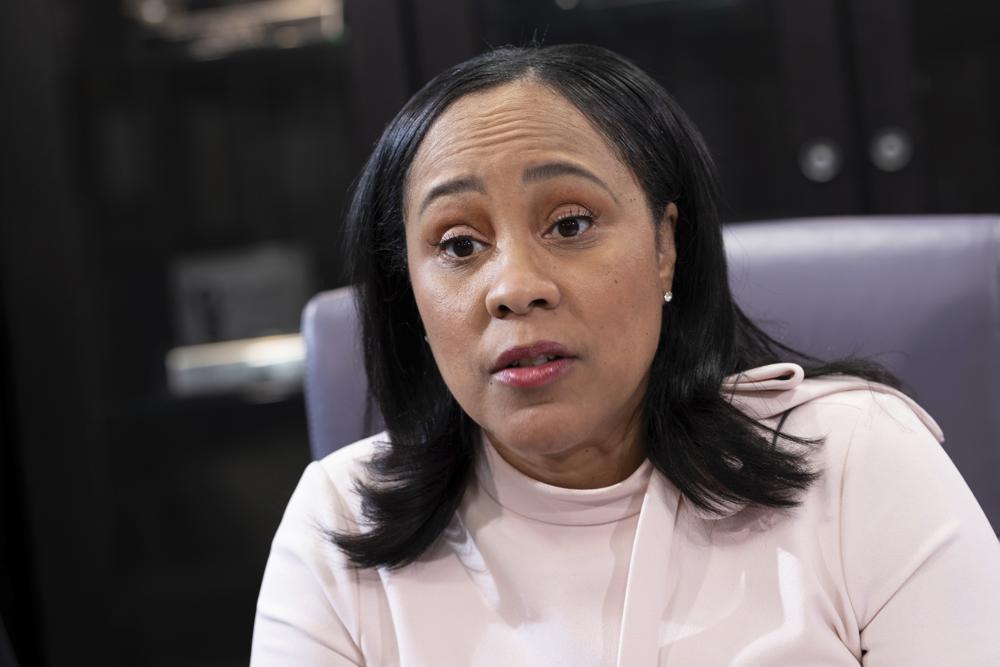
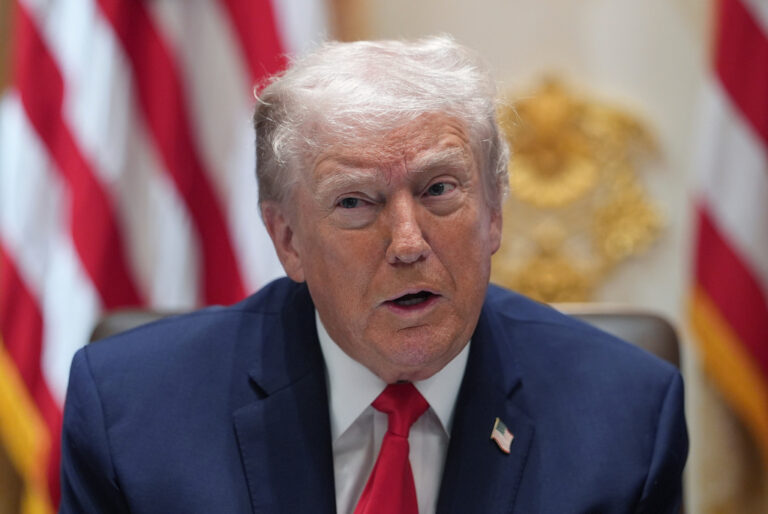
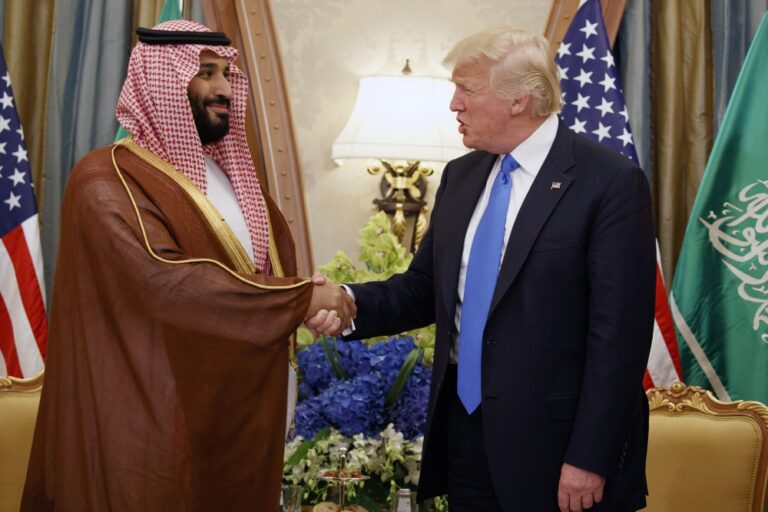

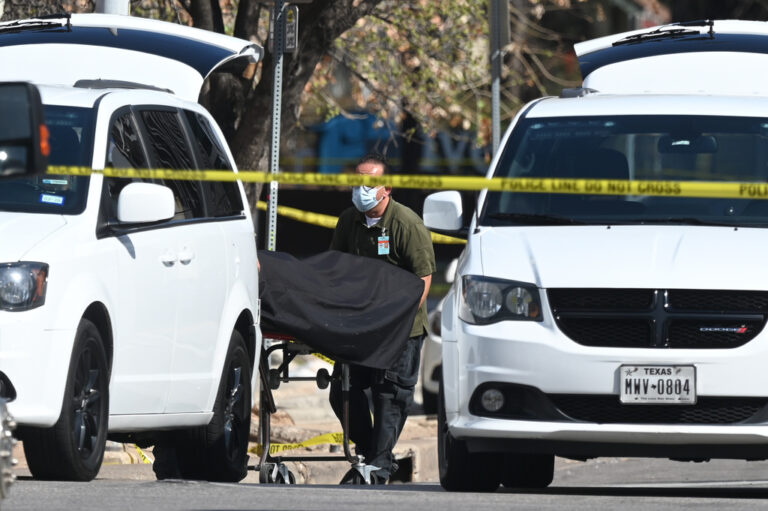


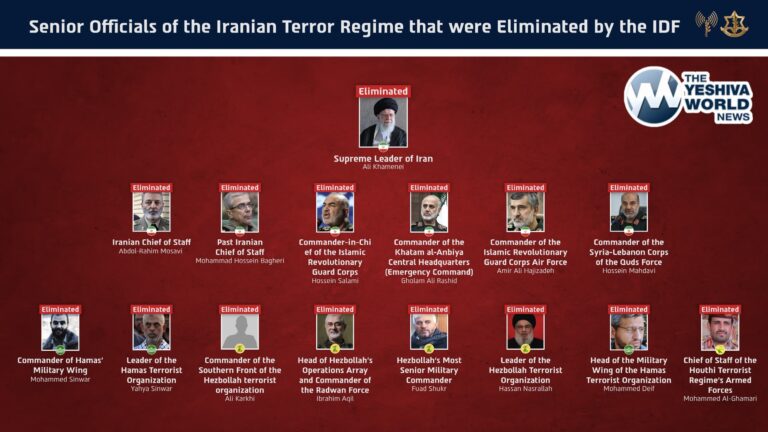

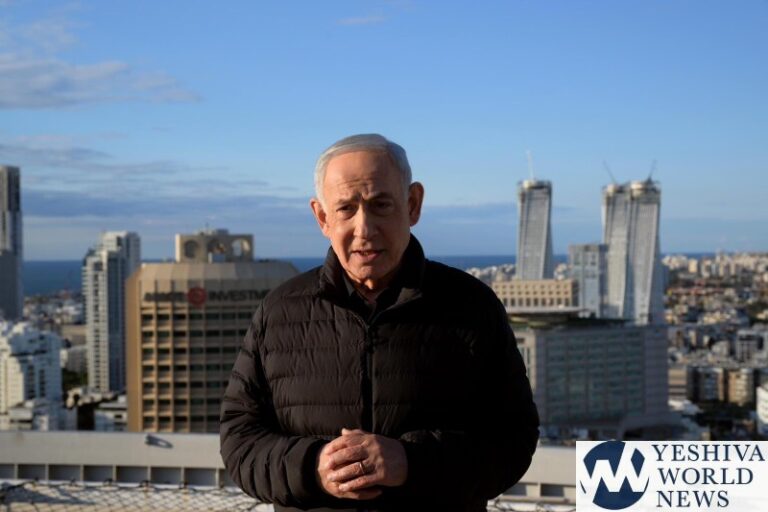
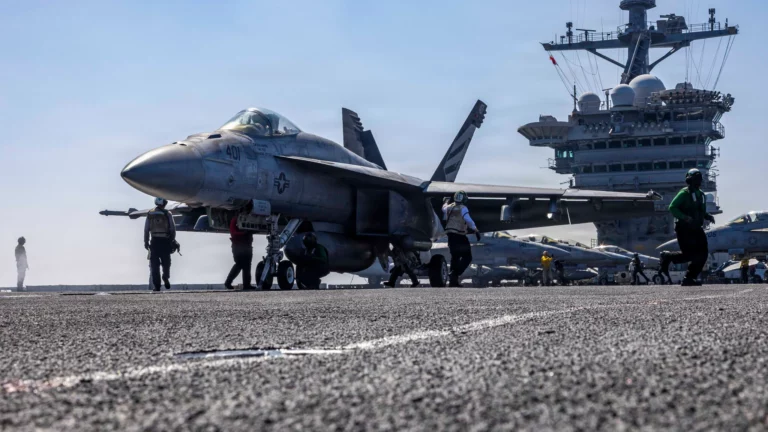
3 Responses
Slanted leftist AP AP AP
and this is how it ends for now because now the main intenshion is defending the raid of what thay are all getting crushed listen to this whoever of the democrats who tried to defend the “F” “B”iden “I”ntelligence raid meanwhile has been crushed and bearned so now thay will try to change topic
The entire investigation is a baseless witch hunt, because there is no possible crime that Trump could have committed in that phone call, which has in any case been published, so what more do they need to know?
I see that AP continues to spin its false narrative: During that conversation, Trump suggested the state’s top elections official could “find” the exact number of votes that would be needed to flip the election results in Georgia. Denying wrongdoing, Trump has described the call as “perfect.”
That is of course not at all what happened. Trump told Raffensperger that it should be easy for him to find at least enough invalid votes to change the result. Out of all the tens or hundreds of thousands of invalid votes, he wanted to know, how hard could it be to find just 12,000 of them? That was a perfectly legitimate question to ask. It had a legitimate answer, and Raffensperger tried to give it to him, but that doesn’t illegitimate the question, let alone make it some kind of crime.
The bottom line is that Trump exercised his constitutional right to lobby Raffensperger, and that it is it. Attempting to prosecute him for it is itself a crime.